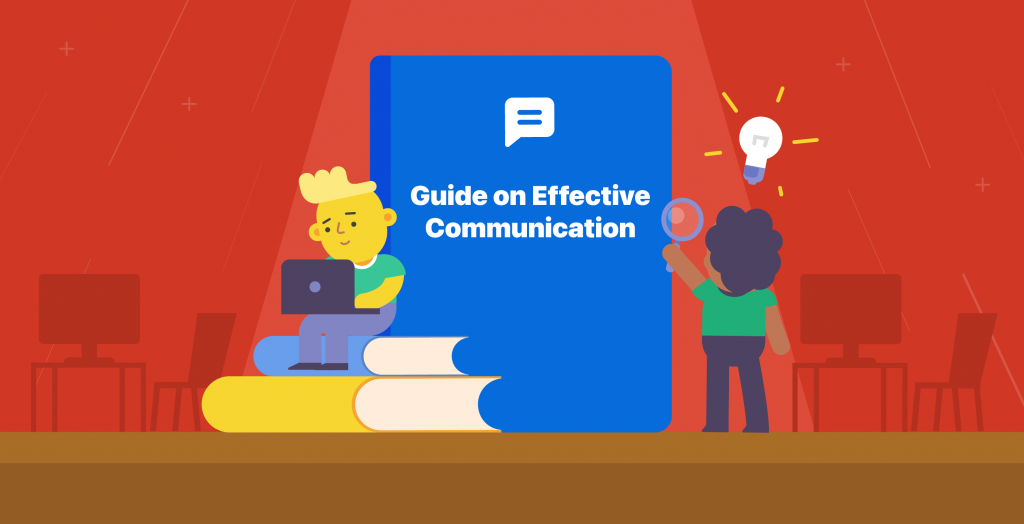Effective communication stands as a cornerstone of success for every business organization. Within any workplace, employees seldom operate in isolation and must maintain ongoing communication through both written and verbal channels. While certain job roles may demand proficient communication skills more prominently than others, the value of effective communication extends across all positions within an organization. In this article, we will delve into strategies for enhancing communication effectiveness.

Becoming a proficient communicator necessitates practice and commitment. Enhance your communication skills by adhering to these guidelines:
Table of Contents
Clarify Your Objective
Before initiating communication, thoroughly assess and comprehend the purpose or objective behind it. This understanding enables you to strategize your approach accordingly. Depending on the intent—whether it’s informative, instructional, or persuasive—tailor your communication strategy to suit the context. For instance, when conveying information, bolster your credibility with relevant facts and statistics. Conversely, when aiming to persuade, employ emotional appeals to resonate with your audience.
Understand Your Audience
Take into account the demographics and professional background of your audience to tailor your communication style effectively. Adjust your language and tone based on the nature of the interaction. For example, when communicating with technical experts, utilize industry-specific terminology and abbreviations. Conversely, when addressing customers, ensure clarity by employing accessible language.
Develop Communication Strategies
To communicate effectively, devise a comprehensive strategy beforehand and practice its execution. Anticipate potential audience responses, including questions or objections, and prepare responses in advance. For instance, when delivering a farewell speech, structure your address with a personal anecdote, followed by a summary of shared experiences and accomplishments. Encourage audience engagement by preparing thought-provoking questions to foster discussion.
Maintain Clarity
Prior to addressing your audience, ascertain an appropriate tone for communication. Adjust your tone to match the context, whether it’s offering praise or delivering constructive criticism. Ensure auditory clarity by modulating your volume to reach all audience members effectively. Avoid sudden changes in speech pace to uphold clarity and comprehension.
Foster Approachability
Effective communicators exude approachability, encouraging open dialogue and active participation from their audience. Facilitate inclusivity by inviting contributions from others and soliciting their opinions. Actively listen to others’ viewpoints and validate their input, fostering a conducive environment for meaningful conversation. When individuals feel valued and heard, they are more inclined to engage in constructive communication, enhancing overall engagement and rapport.
Final Thoughts
Mastering effective communication skills can often be the differentiating factor between stagnating at the entry-level and ascending to leadership roles within your career. Treat each conversation as a chance to refine your abilities, and if you feel apprehensive about altering your approach, consider experimenting with these techniques one at a time.






